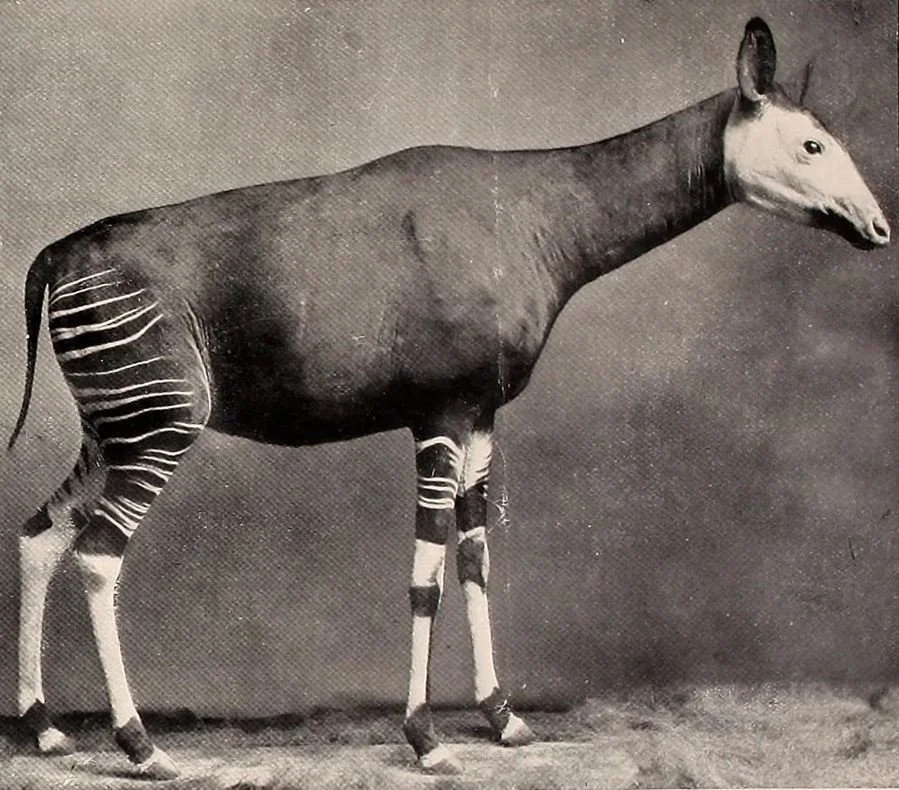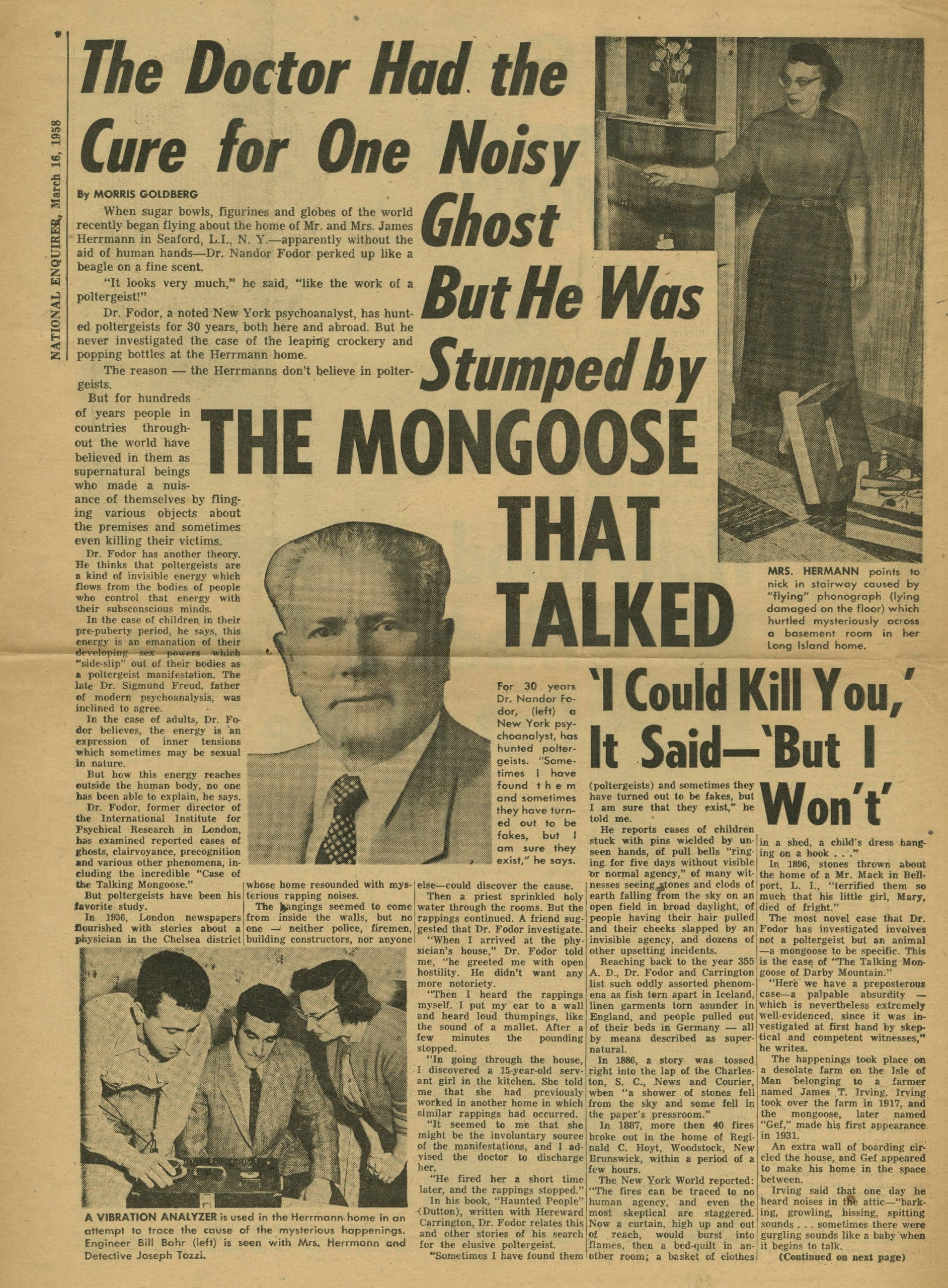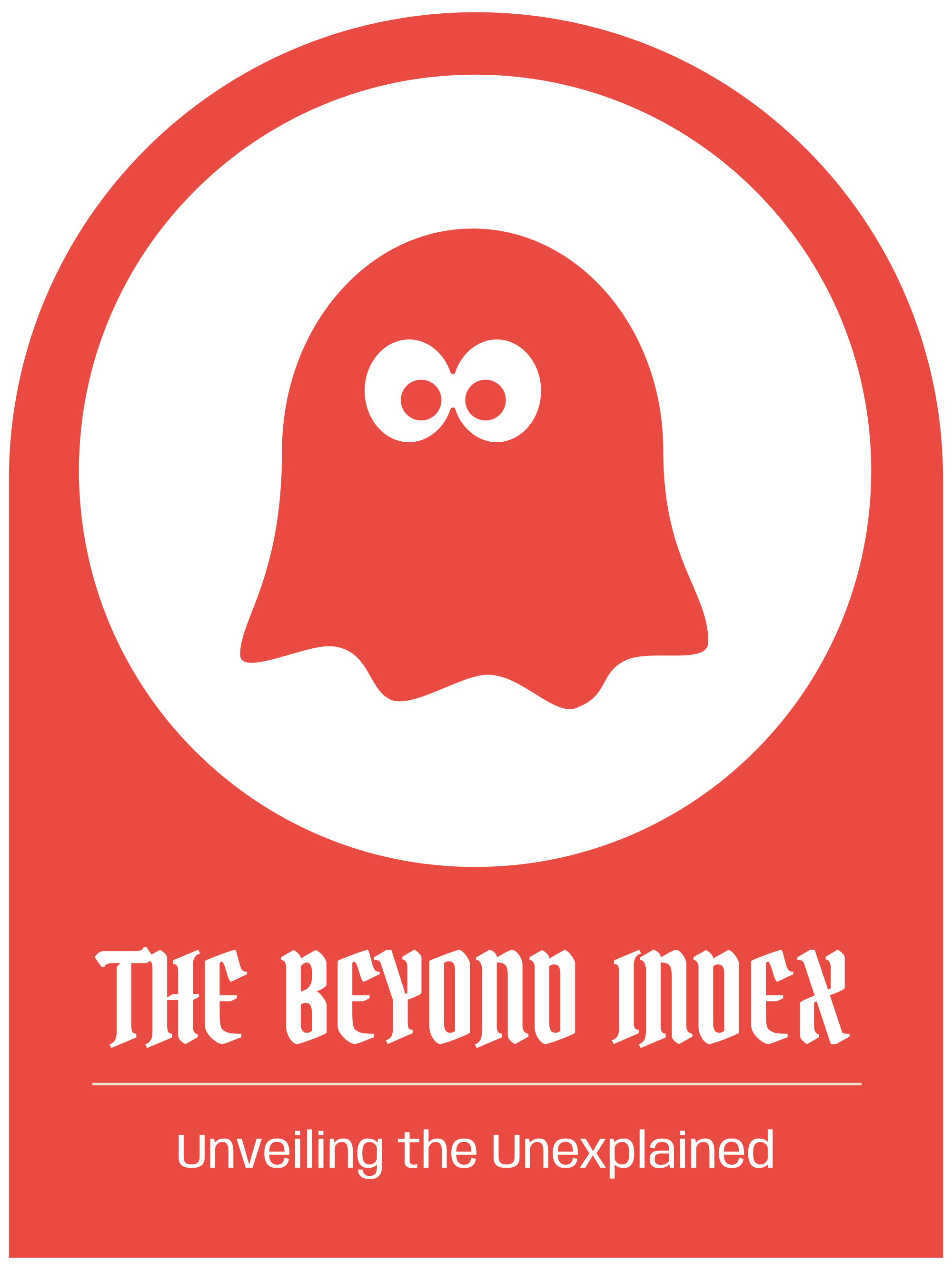The Placebo Paradox: How Your Mind Heals What Medicine Can’t

Imagine taking a pill that contains absolutely nothing — no drug, no chemical, just starch or sugar — and watching your pain melt away. Your symptoms fade. Your body begins to heal.
Now imagine this happens not once, but in clinical trials across the world, under controlled conditions, again and again.
Welcome to one of the most mystifying phenomena in all of medicine: the placebo effect.
🧠 Belief, the Brain, and the Body
In studies, patients who are told they’re receiving painkillers — but are actually given inert sugar pills — still report significant pain relief. Their brain scans even show changes in areas associated with pain perception.
It’s not just in their heads. It’s in their brains.
But here’s where it gets stranger…
🛠️ The Fake Surgery That Cured Real Pain
In a groundbreaking study published in the New England Journal of Medicine, patients with severe knee pain were split into two groups:
- One group received real arthroscopic knee surgery
- The other group received sham surgery — they were sedated, had small incisions made… but no actual repair was done
The result? Both groups improved the same amount.
People who had nothing done to their knee — but believed they had surgery — walked better, felt less pain, and showed lasting recovery.
This wasn’t “mind over matter.” This was the mind rewiring how the body felt and functioned.
💊 The Placebo You Know About
Here’s where things go full Matrix.
In “open-label placebo” trials, patients are told upfront:
“This is a sugar pill. It has no active ingredients. But studies show placebos can still work.”
And incredibly… many of them still improve.
How?
Even without deception, the ritual of treatment, the context, the hope — all activate healing pathways in the brain.
We don’t just respond to chemicals — we respond to meaning.
💉 The Power of Expectation (and the Nocebo Effect)
In another study, two groups received morphine.
- One group knew they were getting it — and reported strong pain relief
- The other group got the exact same dose — but didn’t know when or if it would come.
👉 They experienced significantly less relief
The conclusion?
Knowing you’re getting a drug makes it more effective.
Belief amplifies biology.
But here’s the twist: the opposite is also true.
Tell someone a harmless pill might make them nauseous? Many will actually feel sick.
This is the nocebo effect — the dark twin of placebo, where negative belief causes real harm.
Your mind doesn’t just heal. It can also hurt.
🧠 Watching the Brain Heal Itself
In a study on Parkinson’s patients, researchers gave participants a placebo — and told them it was a powerful dopamine drug.
Brain scans showed a stunning result:
The placebo triggered actual dopamine release — the same neurochemical the real drug was supposed to deliver.
This wasn’t imaginary. It was measurable, biological healing caused by expectation.
The brain, given the right story, did the work itself.
🧩 So What Are We Missing?
If belief can:
- Trigger dopamine in a diseased brain
- Reverse pain through fake surgery
- Calm asthma without drugs
- Even make people sick from nothing…
Then how much of our body is controlled by belief?
And how little do we actually understand about it?
Placebo is not a trick.
It’s a glimpse into a hidden operating system — where biology, consciousness, and story merge.
🌀 Final Thought
We explore black holes to understand the universe.
We dig into ruins to uncover lost civilizations.
But perhaps the most profound mystery is this:
Why does believing you’re healing sometimes work better than actual medicine?
The placebo effect isn’t an error in science — it’s a doorway to something we don’t yet understand.
And maybe…
The greatest frontier isn’t outer space. It’s your own mind.
More Mysteries

When Legends Breathe: Cryptids That Turned Out to Be Real
From deep-sea monsters to forest phantoms, these creatures were once dismissed as myths — until science proved otherwise.

Amelia Earhart :Echoes Across the Pacific, Then and Now
From crackling radio transmissions to new sonar scans beneath the Pacific, Amelia Earhart’s disappearance remains one of the most enduring modern mysteries. What really happened—and are we any closer to knowing?

Gef the Talking Mongoose: The Spirit That Stalked an Isle
Was it a poltergeist? A cryptid? A lonely girl's prank? Or something the world wasn’t ready to understand? The strange tale of Gef, the 'Talking Mongoose' of the Isle of Man, is one of the most chilling—and enduring—mysteries in paranormal lore.
